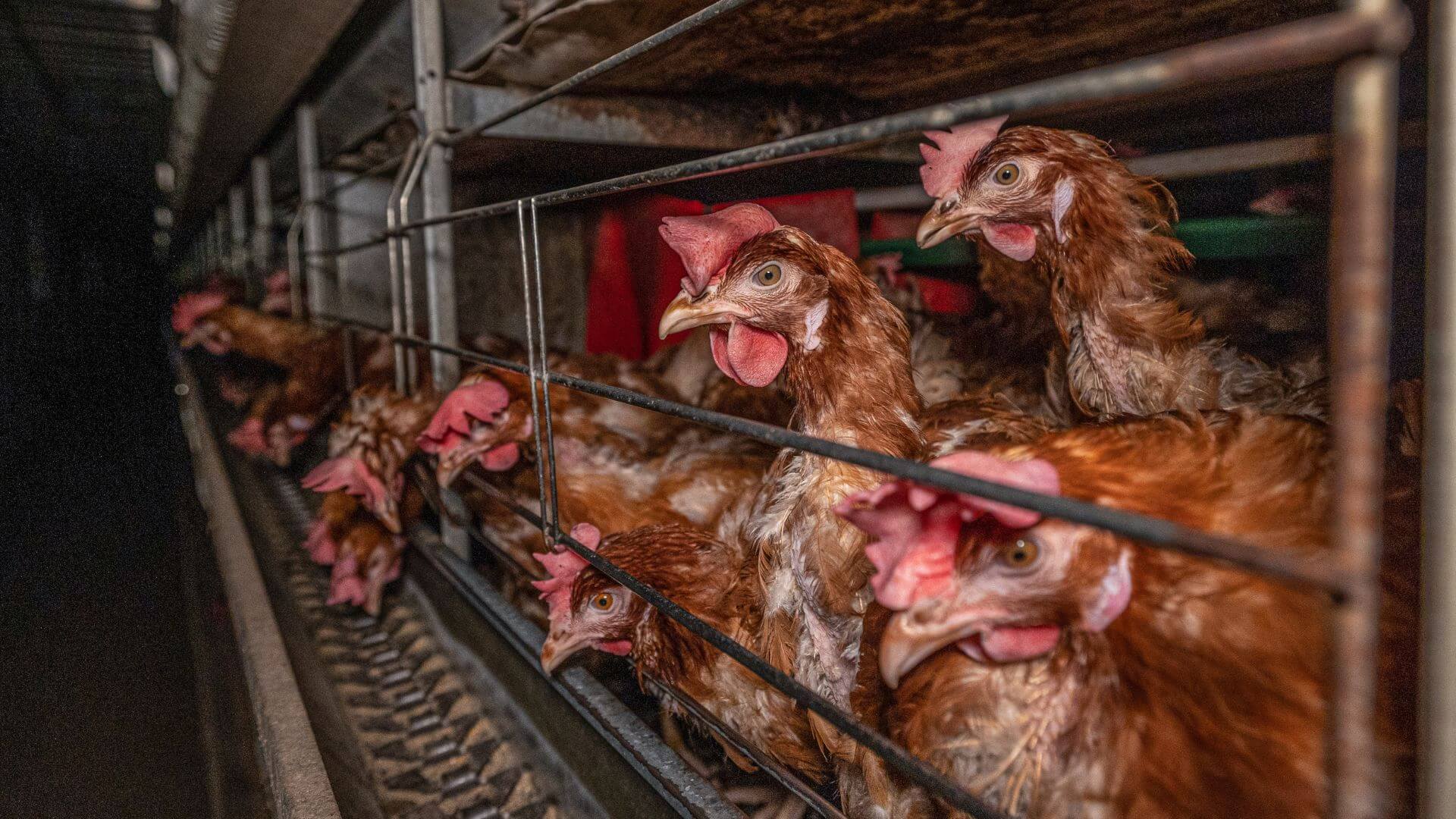Canada’s ban on the use of products containing strychnine for use to kill Richardson’s ground squirrels will go into effect on 4 March. Health Canada’s Pest Management Regulatory Agency decided to cancel the registration of products containing the deadly neurotoxin due to its impact on non-target animals, with a three-year phase out period that is now coming to an end.
Strychnine causes horrific suffering when ingested by animals. When strychnine is used to kill Richardson’s ground squirrels, their bodies can be scavenged by other animals, resulting in secondary poisoning of hawks, wolves, coyotes, foxes, and countless other animals. These non-target animals suffer and die over a number of hours and, because they can travel great distances in this time, it’s impossible to understand the full scale of damage.
The way that ground squirrels are baited also puts other animals in danger. Strychnine-treated grains can be left above ground and deer, mice, songbirds, and other animals can suffer and die after eating the bait, with their bodies then becoming poisonous themselves, and causing other non-target animals to suffer secondary poisoning.
Scientists estimated that thousands of songbirds alone are poisoned each year in Saskatchewan by strychnine used to kill Richardson’s ground squirrels, and that it had an adverse impact on endangered species, such as the burrowing owl and swift fox.
Companion dogs are also regularly killed by strychnine intended to kill wildlife. Media reports suggest that at one Saskatchewan veterinary clinic alone, there are 6-7 cases of dogs suffering strychnine poisoning each year.
Health Canada’s ban on products containing strychnine for use to kill Richardson’s ground squirrels comes following years of campaigning by Animal Justice and others, but it does not go far enough. Canada still registers Strychnine, as well as the indiscriminate poison Compound 1080e for use in Alberta for use to kill wolves, coyotes, and black bears.
Despite public outcry, Health Canada ignores “humaneness considerations” when regulating wildlife poisons, but strychnine and Compound 1080 cause such significant harm to animals throughout the ecosystems in which they are placed that there are many other clear and compelling reasons for the government to ban their use in Canada.
Animals such as wolves, coyotes, and black bears are not “pests”. They are keystone species that provide important benefits for the ecosystems in which they live. These sentient, intelligent animals deserve our compassion and respect. Please take action now and tell the Minister to ban the use of strychnine and Compound 1080 to kill wildlife in Canada.




